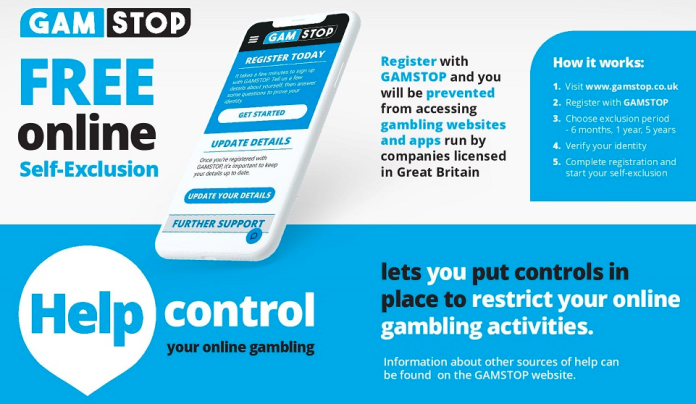New research commissioned by GamCare has revealed the effectiveness of Multi-Operator Self-Exclusion Schemes in helping people with gambling problems.
The research, conducted by global market research firm IPSOS, is the first longitudinal study in the field, providing valuable insights into the long-term impacts of such schemes on participants.
Self-exclusion is a process that allows individuals to request assistance in preventing them from gambling for a minimum period of six months. During this time, gambling operators must take all reasonable measures to stop the person from gambling, both in land-based venues and online. Operators must also cease all direct marketing activities to the self-excluded individuals.
Of importance, multi-operator self-exclusion schemes cover each gambling sector, and customers can opt for self-exclusion from individual operators as well.
The study involved 30 follow-up interviews with participants who had signed up for these schemes nearly three years after the baseline study and found that 71% of the original cohort participated in the follow-up. The research offers a glimpse into users’ perspectives on multi-operator self-exclusion schemes and the effects these schemes have on gambling behaviour over an extended period.
The success of GAMSTOP was underlined, as the scheme applies to all licensed online UK gambling operators and allows individuals to register their details, granting operators permission to deny access to existing gambling accounts and prevent the creation of new ones.
Of significance, several study participants expressed gratitude for the availability of GAMSTOP, noting that online gambling made losing money easier compared to land-based gambling.
Many interviewees were still enrolled in one or more self-exclusion schemes at the time of the interview, with most reporting a greater sense of control over their gambling behaviour. The study also highlighted the benefits of combining multi-operator self-exclusion schemes with other tools and support, such as talking therapies, the Gamban app, ad blockers and bank blocks to prevent gambling-related transactions.
The TalkBanStop initiative, a partnership between GamCare, Gamban, and GAMSTOP, demonstrates the effectiveness of layering practical tools and support to amplify the impact for people experiencing gambling harms. Since its launch, the initiative has seen over 12,700 free sign-ups to Gamban’s blocking software through the scheme.
The research report also includes several recommendations to improve the effectiveness of self-exclusion schemes. Suggestions include allowing participants to choose their self-exclusion period, with some requesting a lifetime option, and reviewing marketing behaviours when a person’s self-exclusion period ends. Stricter adherence to these schemes by land-based venues, such as arcades and betting shops, would also be welcomed by most participants.
In conclusion, GamCare and its partners note that new research should bring attention to the value of multi-operator self-exclusion schemes in helping people gain control over their gambling behaviour and highlights potential improvements to further enhance their effectiveness.




























